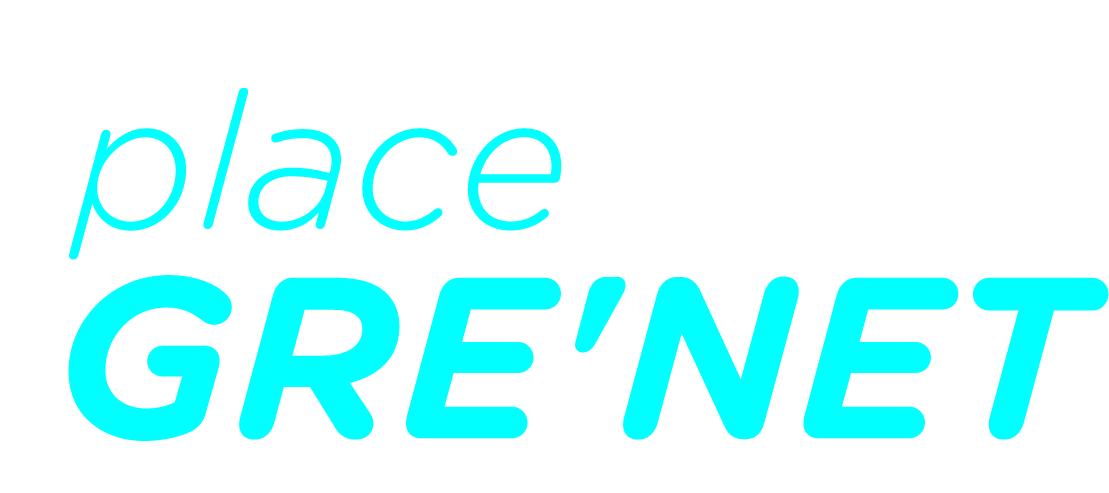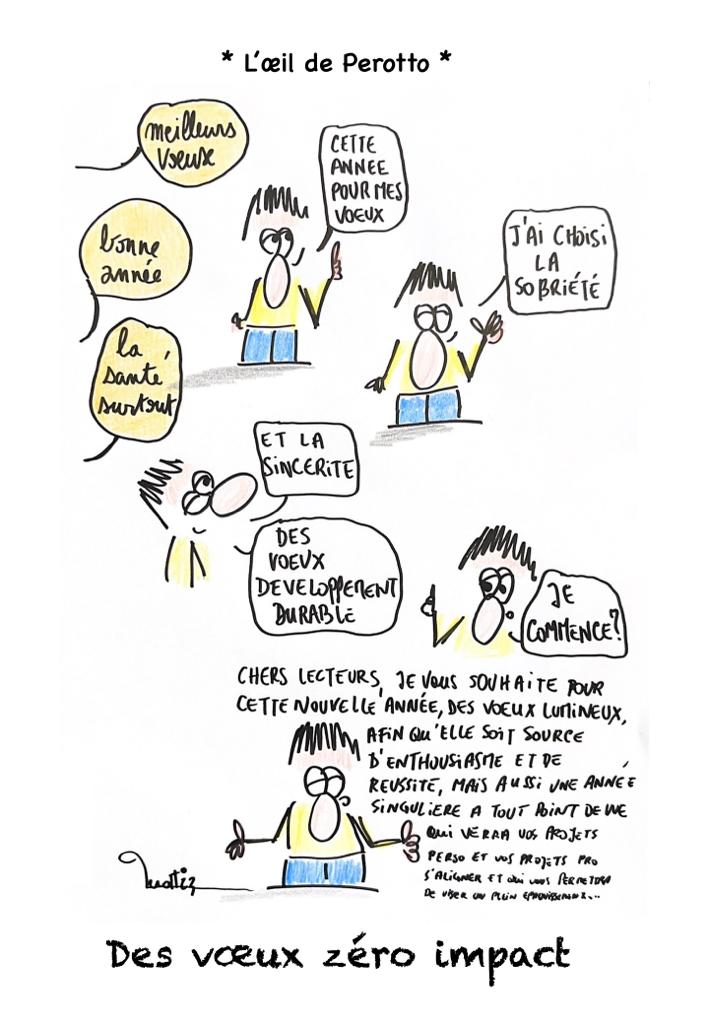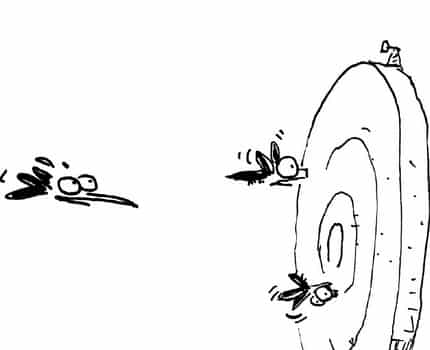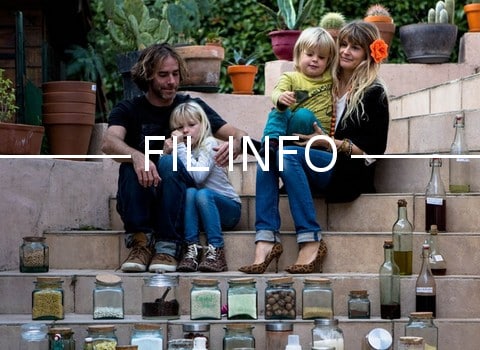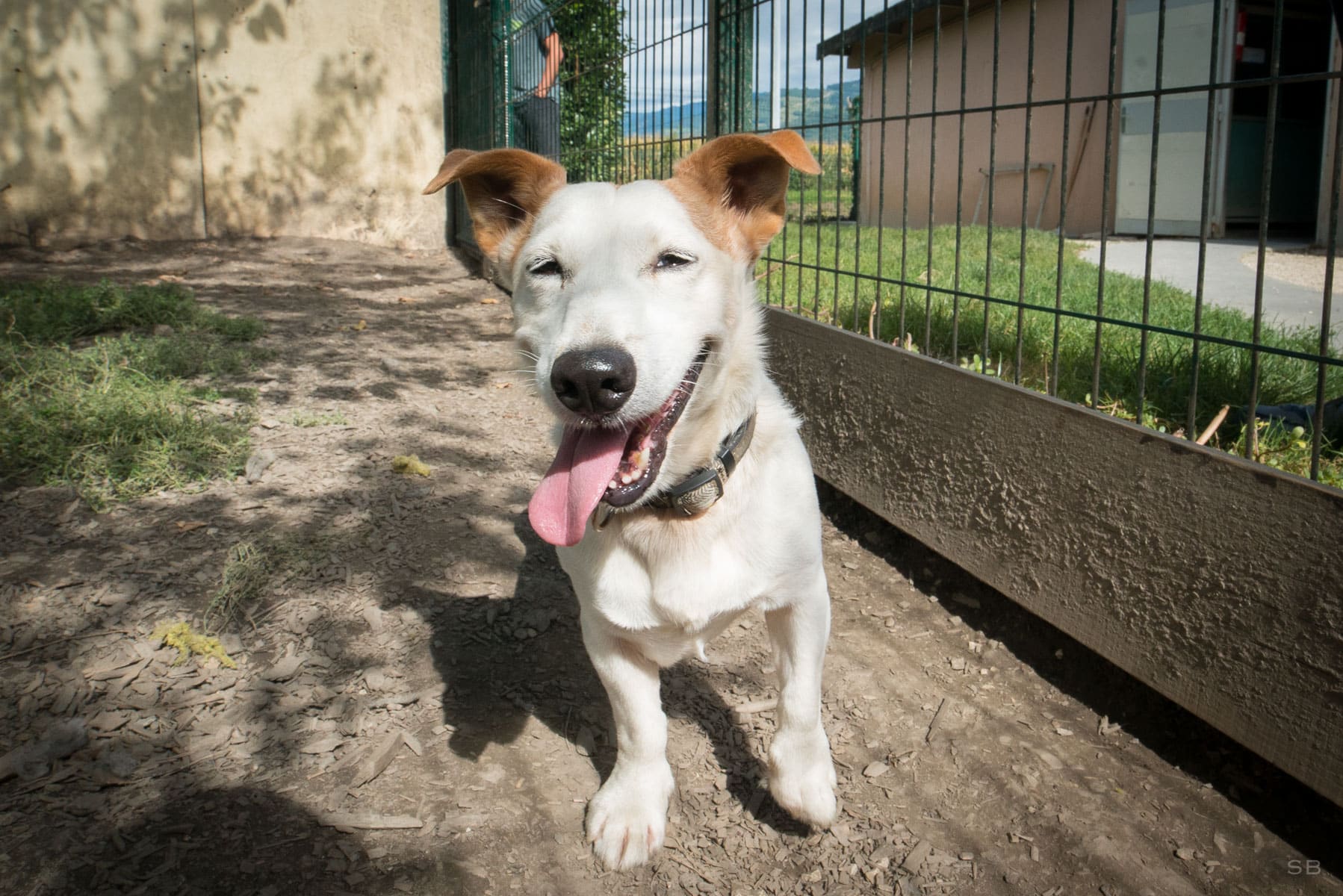FOCUS – Zero Waste France non-profit organization first festival – aiming at developing a world without waste – took place in Paris from June 30 to July 2, 2016. Robert Reed, Zero Waste advocate all around the world and spokesman of the US cooperative company Recology is one the guests of honour of the festival. Before going to Paris, he stopped by Grenoble to give a conference at Grenoble Polytechnic Institute (INP) to present all the programs implemented in San Francisco by Recology and meet people in Grenoble. Meeting.

Robert Reed, spokesman of the employee-owned company Recology. © Alexandra Moullec – placegrenet.fr
Around fifty people of all ages gathered Tuesday June 28th at Grenoble Polytechnic Institute (Grenoble INP) to attend a conference-debate organized by Zero Waste Grenoble non-profit organization and G‑SCOP Laboratory of Grenoble INP.
Robert Reed was the honored guest of an evening of pedagogy, but above all of interaction.
That former journalist specialized in environmental matters who became the spokesman of the cooperative company Recolgy has been working for twenty-three years to promote a world without waste.
Robert Reed was a guest at the first edition of Zero Waste France festival taking place in Paris from June 30 to July 2, 2016 and he took advantage of his trip to France to stop by a few cities to promote the Zero Waste approach and develop the movement in Europe. An opportunity to go over the Recology experiment, initiated in San Francisco and all the emblematic programs implemented by the company over the years.The City by the Bay has become the zero waste benchmark in the USA ads all over the world. Russia, Scotland, France, China… 62 countries were represented at the event, to see all the work that has been done and to retrieve some ideas that could be implemented in their own country.
« RECOLOGY » IN SHORT
© Recology
Created in 1921, Recology was formerly a waste disposal company and became a cooperative company providing programmes and services to limit waste production of businesses and citizens. Its motto : “Reduce, reuse, recycle”. Door-to-door waste collecting, compost platform, awareness programmes… the company works with San Francisco which supports part of its actions, the citizens contribute for the rest. 173 people work at Recology, they get health and welfare benefits, a pension and earn 25 dollars an hour.
ROBERT REED : « THE MORE YOU THROW, THE MORE YOU PAY »
What are the rates of Recology’s collection services ?
The typical family in San Francisco pays 34 dollars a month for the service. We come four times a month and we collect all three containers. It’s a little bit more than a dollar a day.

San Francisco’s three bin system. © Margo Moritz
We sort the material into fourteen commodities and we sell the paper, the glass, the plastic, the aluminum, the compost … and all the revenue stream helps keep that cost reasonable. The city regulates the program. Every month the city does accounting to account the expenses, fuel, wages, insurance, uniforms and then count all the revenues.
There’s a gap because the expenses are higher than the revenues and thirty four dollars per house, fills the gap. A black bin costs 25 dollars a month. The green bin is 4 dollars, and the blue bin is 4 dollars. If you only need the black bin picked up once a month you’ll be given an additional discount, this is the policy set by the city (« Pay as you throw »)
The more you throw, the more you pay. If you make a lot of garbage and you need bigger containers or you need us to come more often then you’re utilizing more the service and you should pay a little bit more. At the same time, if you’re good, if you’re recycling a lot and reducing your waste, you pay less and so the fee structure provides both an environmental and a financial reason to be more environmental and produce less waste.
What rose your environmental awareness ?
I worked as a journalist for ten years before I got into the recycling business and I wrote about the environment as a journalist […] It really started when I was a small boy in school.

Robert Reed, porte-parole de la coopérative Recology. © Margo Moritz
I opened my history book and I saw an illustration of a Native person and they were digging a hole in the ground with the heel of their foot and they put fish bones in the hole, small hole, and then they put a corn seed in the fish bones and they covered the fish bones with some dirt. The teacher asked why did that, why did that Native person put the fish bone in there with the corn seed. The answer was because this person understood that the fish bones would provide nourishment to the corn seed and would grow a taller stock of corn and they could harvest more corn and make more bread.
And it was an epiphany for me. It’s an important lesson that society has forgotten and so I am trying to help us remember.
Do you think people feel more concerned about environmental matters ?
I think « Demain » is a very important movie that is representative of a new movement which is to highlight solutions. People have heard all about a lot of the problems.
It is very difficult to hear about the problem on top of another problem, environmental problem, higher temperatures and melting glaciers. It can be depressing and so a lot of young militants and activists understand that this is the time when we need to share more information about good solutions.
We just need more awareness, we need more people to know about them so that we can, as people, as a larger population, demand these solutions to our governments and get them implemented and start doing something to slow down climate change.
Interviewed by Alexandra Moullec
Solutions exist also in Grenoble
DR
Zero Waste France non-profit organization launched the process in 2014. Zero Waste Grenoble non-profit organization was created in January 2016 to democratize the approach in Grenoble and its agglomeration.
Collective compost boxes, vermicompost bins, worm givers for composters website, Do it yourself workshops… Grenoble and its agglomeration are not without initiatives to spur green habits.
In the framework of its communication campaign called “Moins jeter, la bonne idée” (Throw away less, the good sense), the Métro even launched a Facebook page classifying all good ideas and best deals in Grenoble and around. In September, “La bonne pioche” (The right deck) – a grocery shop selling local and organic products but above all bulk products- will open its doors downtown.
Traduction from Speak English Center
Phone : +33 4 76 50 39 79
1 avenue du Vercors, 38600 Fontaine FRANCE

